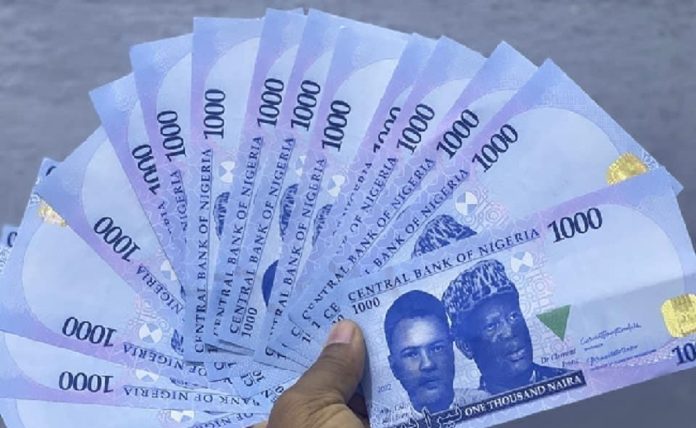The ongoing CBN-inspired recapitalisation for banks has serious implications for the banking sector, the equity capital market and the Nigeria Deposit Insurance Corporation of Nigeria (NDIC).
While the banking sector may become stronger with deeper capital and consequent ability to finance productive economic activities and grow the economy, the capital market may be overwhelmed by equity stocks as Initial Public Offer (IPO) and Right Issues from banks flood the market.
This is because the banks must complete the process of bolstering their minimum capital between April 1st 2024 and 31st March, 2016.
To succeed, the banks may opt for Mergers and Acquisitions or the unpleasant self-downgrading. A few of the banks may upgrade their licenses. The CBN said in its curcular of March 28, 2024 that, promoters of new banks whose applications for licenses are pending or have been given preliminary approvals must also meet the new minimum capital requirement.
The new minimum capital requirements for the six categories of banking licenses are ₦500 billion for banks that would operate nationwide and overseas; ₦200 billion for national licence; regional banks must have ₦50 billion capital to operate. Any Merchant Bank is required to have ₦50 as its capital. Non-interest national and regional banks are required to have minimum capital of ₦20 billion and ₦10 billion respectively.
The CBN sees the new minimum capital as vital for the banks to provide strong supportive role in growing the economy to a USD$1 trillion level. They are also expected to buoy the economy against “the prevailing macroeconomic challenges and headwinds occasioned by external and domestic shocks.”
The Bank of Canada says on its website, “Higher bank capital requirements reduce the severity of financial downturns. The higher the buffer created by capital, the higher the bank’s probability of surviving a downturn. Surviving banks are then well placed to continue providing credit during the recovery phase.”
Now it is appropriate to highlight the roles of the Nigeria Deposit Insurance Corporation (NDIC) as banks navigate the downturn while trying to up their minimum capital to effectively operate as commercial, merchant and non-interest banks in the country.
The NDIC establishment Act empowered the agency to administer the Deposit Insurance Scheme (DIS) in Nigeria to protect depositors of deposit-taking financial institutions.
The NDIC website says, “Deposit Insurance is a system established by government to protect depositors against the loss of their insured deposits placed with member institutions in the event that a member institution is unable to meet its obligations to depositors. It engenders public confidence in, and promotes the stability of the banking system, by assuring savers of the safety of their funds.“
The site explains, ‘the NDIC supervises banks so as to protect depositors; foster monetary stability; promote an effective and efficient payment system; and promote competition and innovation in the banking system. Banking supervision is an essential element of the Nigeria deposit insurance scheme as it seeks to reduce the potential risk of failure.”
However, if an insured bank fails, creditors and shareholders could be paid liquidation dividends after depositors had been fully reimbursed. This implies that becoming a shareholder in a bank comes with some protection from the NDIC.
Other countries have deposit insurance schemes. The counterpart of the NDIC in the United Kingdom is the Financial Services Compensation Scheme (FSCS).
The Federal Depodit Insurance Corporation (FDIC) in the United States, an independent agency, helps in maintaining stability and public confidence in the U.S. financial system by insuring deposits at each FDIC-insured bank.
The Corporation for Deposit Insurance (CODI) is South Africa’s deposit insurance scheme. CODI manages the country’s Deposit Insurance Fund (DIF) to enable bank depositors access a stipulated amount of their deposits should their banking institution fail, be liquidated or placed into resolution.
The bank recapitalisation process is no easy task for the CBN, the NDIC, the equity stock market and the banks. All of them must brace up and work assiduously for a successful outcome.
Salisu Na’inna wrote from Dambatta.




